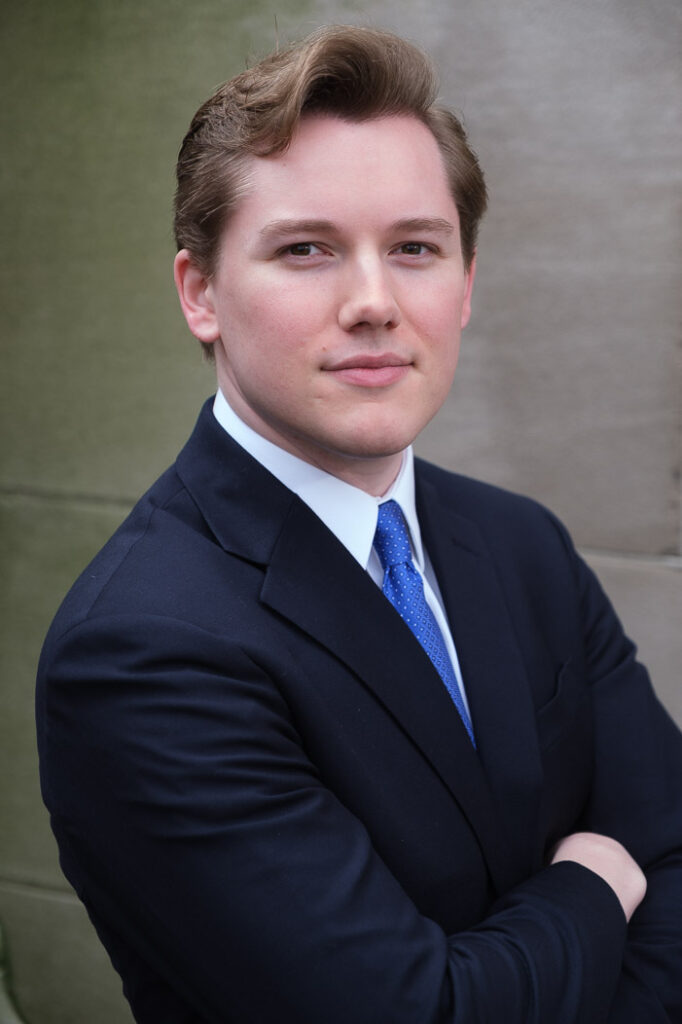By David Tye ’23
I came to law school as a Christian with a passion for faith, and I chose Harvard in large part because of the University’s thriving religious community. So when I heard about the Harvard Religious Freedom Clinic (coincidentally opening my first day of 1L classes), I was intrigued. My friends had sung its praises, so I enthusiastically applied in hopes of developing my litigation skills and furthering worthy causes. But I never imagined that the Clinic would be as impactful—both personally and professionally—as it has been on me.
The Religious Freedom Clinic consists of two complementary components: the clinic work itself, for which you can decide to do three, four, or five credit hours, and the accompanying two-credit seminar. In the latter, I took part in weekly discussions concerning the constitutional foundations of the First Amendment’s religion clauses, the cornerstone cases of free exercise law, and current problems facing religious liberty litigators today. Throughout those discussions, I learned invaluable lessons ranging from the doctrinal to the practical and professional. But most importantly, I learned about my colleagues’ shared, genuine commitment to the protection of all faiths and witnessed the role faith plays in lives very different from my own.
While completing my clinic hours, I had the privilege of working on a number of engaging and meaningful cases. Some of those cases involved advisory roles, some direct representation of clients, and others drafting amicus briefs for submission at both United States Circuit Courts of Appeals and the Supreme Court. The former two categories included conducting insightful interviews with university chaplains from across the country to learn about how their programs could be improved to reduce friction and facilitate ministry work, as well as working with incarcerated persons on claims concerning religious exercise and celebration of religious holidays within the prison system. Both of those experiences further inspired my respect for religion’s role in secular environments and deepened my conviction of its need for protection. But still my favorite experience arose from the latter category.
There, I worked closely with a team of fellow students to write an amicus brief for the Supreme Court about the right of a church to select its Bishops. That right falls under the church autonomy doctrine, which currently provides that religious associations shall enjoy independence from state interference in matters of faith, teachings, and closely linked matters of internal government. In making our case, we engaged in an exhaustive review of original historical materials—submitting the only history-focused amicus brief of the case—in what was a difficult but exhilarating experience. Studying a law’s historical development yourself gives you a certain insight and appreciation that is difficult to develop any other way, and because I’ve long been interested in history and its engagement with the law, the project offered me the exciting opportunity to immerse myself in both of those topics for a meaningful purpose. Plus, getting to keep a printed copy of a Supreme Court amicus brief you helped to write isn’t too shabby either.
Above and beyond all these wonderful opportunities the Clinic offered me, the greatest has been getting to work with its people. Every staff member at the Religious Freedom Clinic cares deeply about mentorship and helping each student reach their personal and professional goals. That means they’re willing to go the extra mile for you—helping you to develop your legal writing, working with you to find projects that will both suit your interests and challenge you, and so forth. Nowhere have I met a more authentic group of people interested in serving others through the law than at the Clinic, and I will always be grateful for the time I spent as a small part of it.
Filed in: Clinical Student Voices
Contact Office of Clinical and Pro Bono Programs
Website:
hls.harvard.edu/clinics
Email:
clinical@law.harvard.edu
